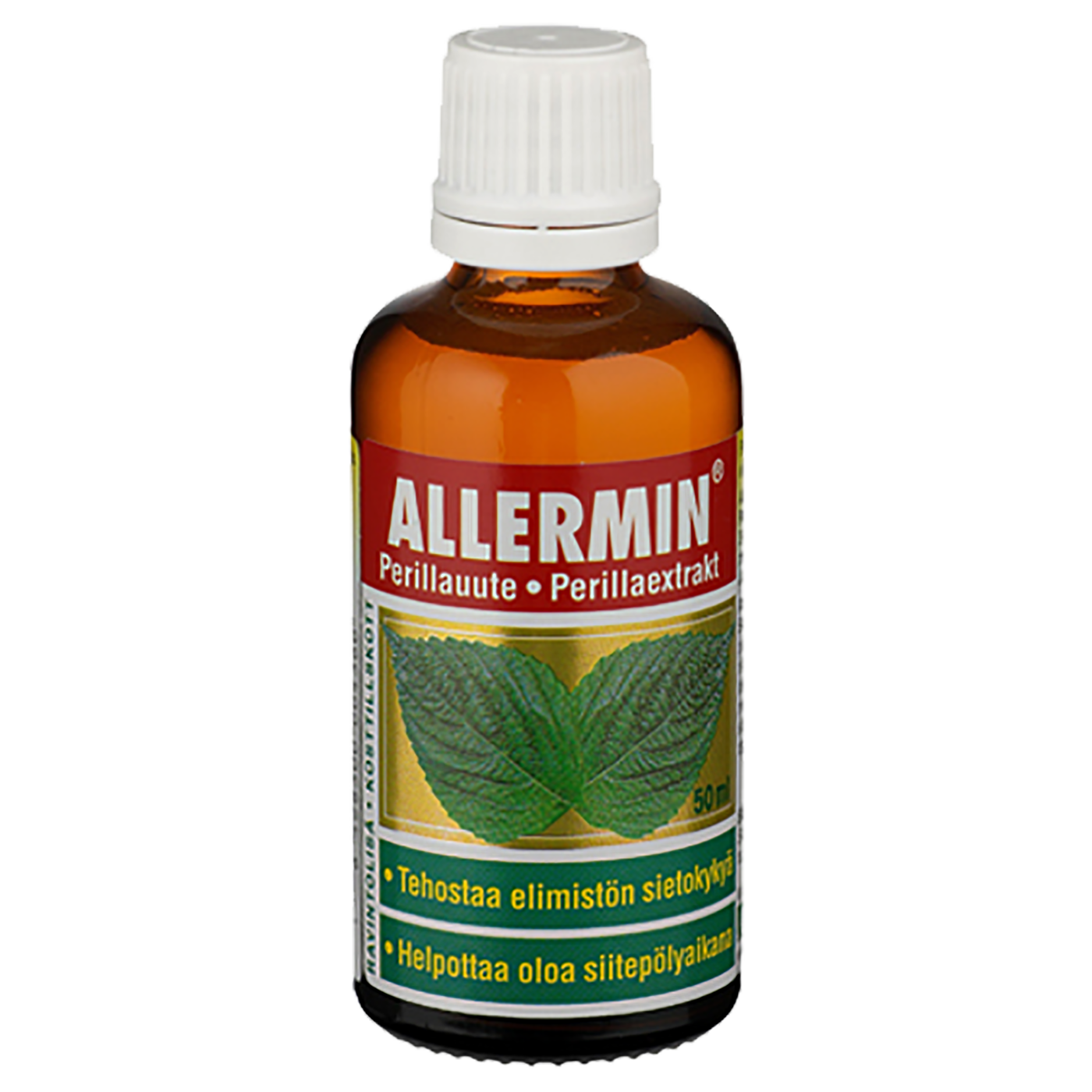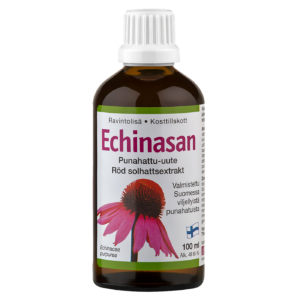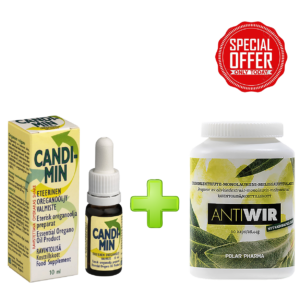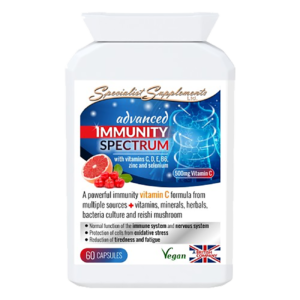Description
Allermin, 50ml
Product Information
Perilla frutescens in Allermin enhances the body’s tolerance to pollen and other allergens, ie sensitizers (e.g. house dust, outdoor dust, animal dust, textile dust, mold dust, air pollutants).
Perilla frutescens enhances the body’s tolerance to pollen and other allergens (ie house dust, outdoor dust, animal dust, textile dust, mold dust, air pollutants). It is recommended to start using perilla extract a couple of weeks before the beginning of pollen season.
Perilla frutescens contains rosmarinic acid which is known to resist redness and swelling. It can be helpful if you experience allergic rhinitis with inflammation of the inside of the nose caused by an allergen, such as pollen, dust, mould or flakes of skin from certain animals.
Allermin is a strong Finnish 100% perilla extract, which is ingested internally mixed with water or applied externally directly on the skin.
Allergic rhinitis typically causes cold-like symptoms, such as sneezing, itchiness and a blocked or runny nose.
Common allergens that cause allergic rhinitis include pollen (this type of allergic rhinitis is known as hay fever), as well as mould spores, house dust mites, and flakes of skin or droplets of urine or saliva from certain animals.
Ingredients as per daily intake
Perilla frutescens – 3.48 ml corresponding to 17.4 g of fresh perilla leaves.
The ethanol content of the extract is about 10% by volume.
Daily Intake
Take 30 drops internally 2 times per day as such or mixed with water.
Externally: apply few drops directly on the skin.
Cautions/Allergy
Lactose-free, yeast-free, unsweetened and gluten-free
No side effects reported.
Pack size
50 ml
Perilla frutescens wide range of applications
Perilla is an annual plant with often red or purple leaves. Perilla has strong mint-like smell with flowers appearing in the late summer. Perilla is a medicinal plant with traditional uses in folk medicine.
“Perilla has traditionally been prescribed to treat depression-related disease, anxiety, asthma, chest stuffiness, vomiting, coughs, colds, flus, phlegm, tumors, allergies, intoxication, fever, headache, stuffy nose, constipation, abdominal pain, and indigestion, and acts as an analgesic, anti-abortive agent, and a sedative. ” –
Hiwa M. Ahmed. Ethnomedicinal, Phytochemical and Pharmacological Investigations of Perilla frutescens (L.) Britt.
Perilla has been demonstrating various biological activities such as antioxidant, antimicrobial, anti-allergic, antidepressant, anti-inflammatory, anticancer, and neuroprotection effects.
It has been reported that extracts from perilla seeds and leaves exhibit concentration-dependent antioxidant activity.
These benefits maybe attributed to the high antioxidant capacity of Perilla, in particular to the content of phenolic acids, flavonoids, and carotenoids.
Perilla extracts are also known for its antibacterial activities demonstrating strong antibacterial activity against oral Streptococci and various strains of P. gingivalis.
Studies have been showing that Perilla water extracts may inhibit allergic reactions, could significantly inhibit DNFB-induced atopic inflammation by alleviating the expression of MMP-9 and IL-31, maybe effective against atopic dermatitis.
Several studies have revealed Perilla as an effective remedy against allergic asthma.
Some studies revealed that Perilla might inhibit seasonal allergic rhinoconjunctivitis in humans at least partly via inhibition of polymorphonuclear leukocytes (PMNL) infiltration into the nostrils.
Supplementing with perilla oil might be effective on asthmatic allergy via decreasing serum lipids and ovalbumin-specific IgG1.
Chemistry
Perilla leaves yield about 0.2% of essential oil that includes hydrocarbons, alcohols, aldehydes, ketones, and furan. The plant also contains pseudotannins and antioxidants typical of the mint family, simple phenylpropanoids used in pharmaceutical industry.
Rosmarinic, ferulic, caffeic, and tormentic acids and luteolin which are anti-inflammatory components. Apigenin, and catechin have also been isolated from perilla.
Several anti-inflammatory components of perilla leaf have been identified, including luteolin and tormentic acid.
Perilla contains phenolic acids, flavonoids, essential oils, triterpenes, carotenoids, phytosterols, fatty acids, tocopherols, and policosanols.
Other Perilla components, such as rosmarinic acid, perillaldehyde, luteolin, apigenin, tormentic acid, and isoegomaketone) define its pharmacological properties.
Clinical Data
Improvement in the symptoms of seasonal allergic rhinoconjuctivitis have been reported in several studies of perilla extract. Patient evaluation of symptoms showed significant improvement. Numbers of inflammatory cells in nasal lavage fluid were significantly lower at 3 days in patients receiving Perilla.
Gastrointestinal
A randomized, placebo-controlled pilot study explored the effects of perilla extract 150 mg twice daily for 4 weeks in 50 healthy volunteers with GI discomfort and reduced bowel movements.
Significant improvements were observed in bloating, gas, GI rumbling, fullness and abdominal discomfort with administration of perilla.
Additionally, a higher rate of respondents was documented in the perilla group compared to placebo, especially for bloating with women responding more often than men.
Explore Colonic Plus Bowel Soother that contains Nutrigut® perilla leaf extract.





Reviews
There are no reviews yet.